I’ve been living a self-sufficient homestead type of lifestyle forever – I was into it. And I’m still learning all the time. Homesteading is a rewarding and fulfilling lifestyle that allows you to live a more self-sufficient and sustainable life. However, it also requires a wide range of skills and knowledge to be successful. Even if you’re just starting out or you’re only able to practice a few homesteading techniques to improve your family’s self-reliance, you’ll need to hone those skills.
1. Gardening
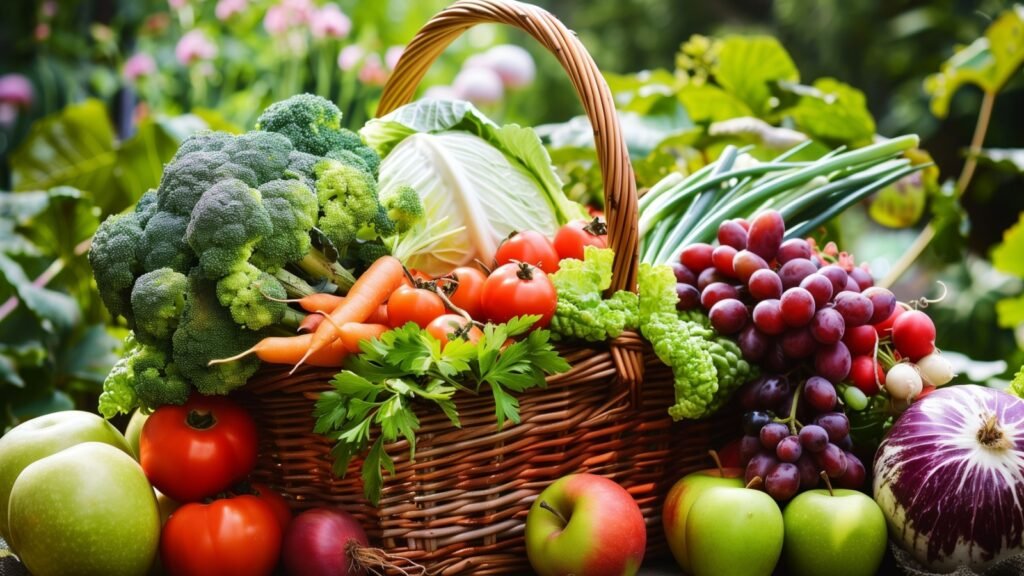
Growing your own food is a fundamental part of homesteading. Learning how to plan, plant, and maintain a productive garden is essential for providing fresh, healthy produce for your family. Even if you’ve only got a yard with room for some containers, learning to grow organic produce is a foundational skill that lowers your grocery bills, gives you access to natural, healthy food, and reduces your reliance on the grocery store.
2. Animal Husbandry
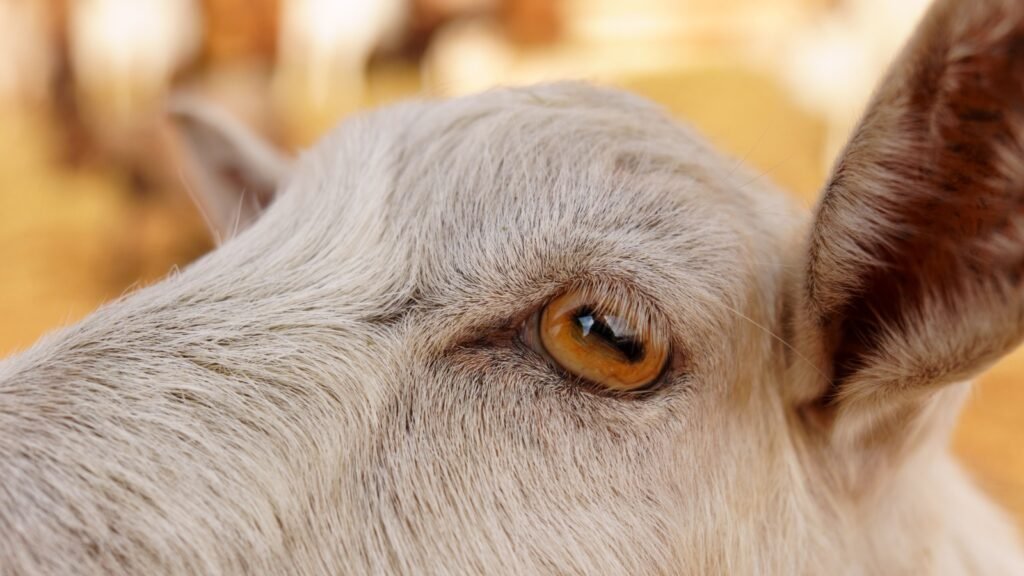
Raising animals for food, fiber, or other products is another important aspect of homesteading. Knowing how to care for and manage livestock, poultry, and other animals is crucial for their health and well-being. We keep quail, duck, and chickens for eggs and meat, for example. Livestock also gets you a steady supply of fertilizer, which is an invaluable resource on the homestead.
3. Food Preservation

Preserving the bounty of your garden and livestock is essential for ensuring a steady supply of food throughout the year. Learning techniques like canning, freezing, and dehydrating can help you make the most of your harvest. I adore my dehydrator. With it, I’m able to dry meat strips, jerky, and other treats for my dogs, but also fruit lollies, dried veggies, prove bread, and make yoghurt.
4. Basic Carpentry
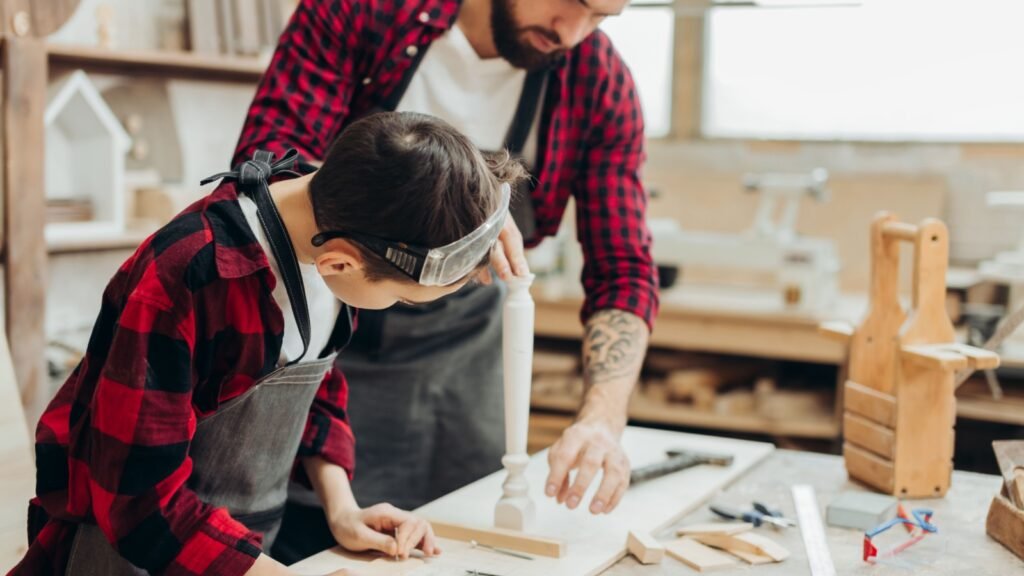
Being able to build and repair structures, furniture, and other items is a valuable skill for any homesteader. Learning basic carpentry techniques can save you money and allow you to create customized solutions for your homestead.
5. Basic Mechanical Skills
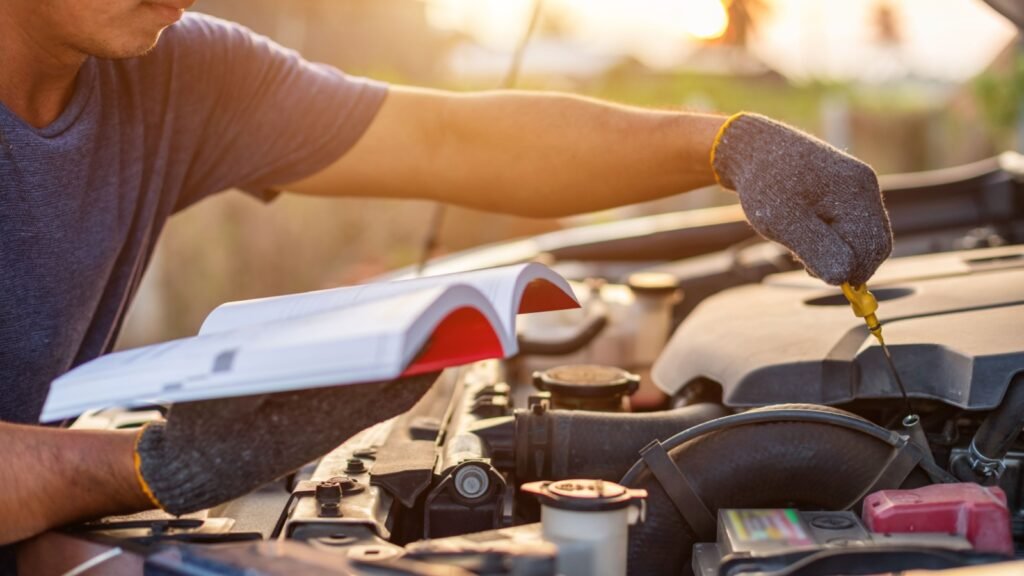
Knowing how to maintain and repair tools, equipment, and vehicles is essential for keeping your homestead running smoothly. Learning basic mechanical skills can help you avoid costly repairs and keep your tools in top shape.
6. Foraging
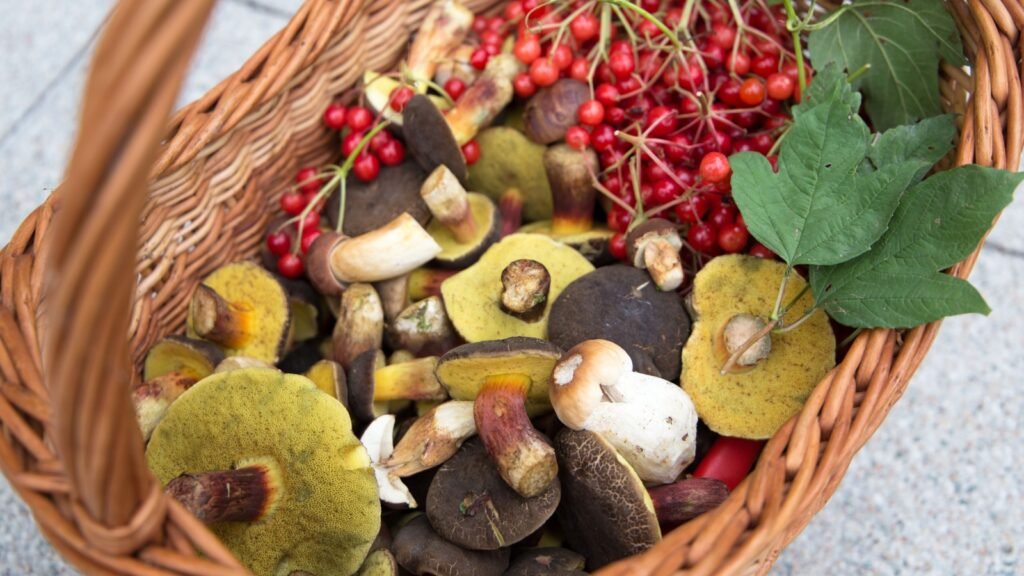
Learning to identify and harvest wild edibles, medicinal plants, and other useful resources can supplement your food supply and provide valuable products for your homestead. Foraging can also help you develop a deeper connection with the natural world around you. We forage throughout the year, even into winter. And we gather anything from wild greens and roots for eating, to medicinal berries, bark, and fungi.
7. Hunting and Fishing
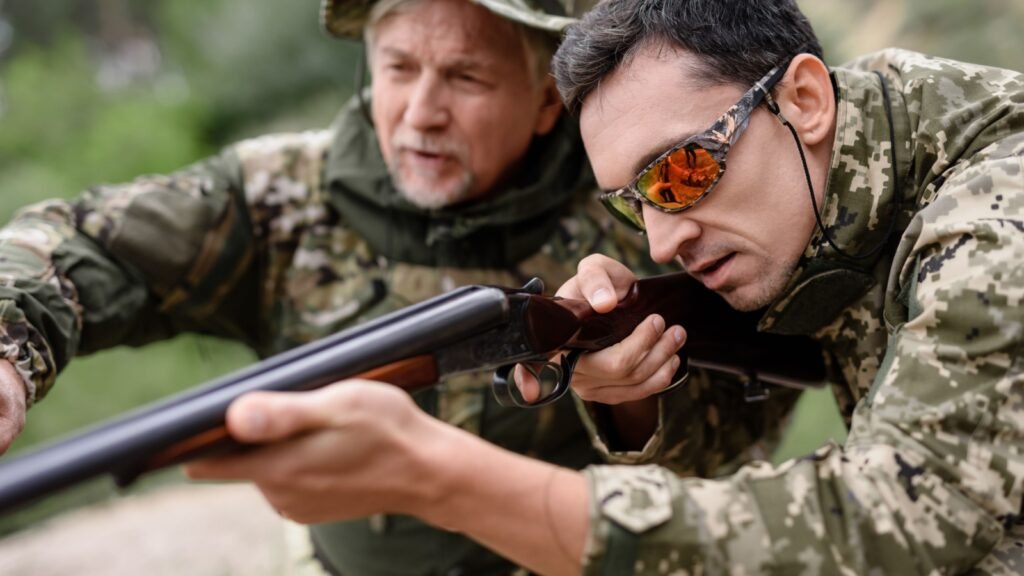
Hunting and fishing can provide a sustainable source of meat for your family, as well as a way to manage wildlife populations on your property. Learning proper techniques and safety measures is essential for responsible hunting and fishing.
If you can’t hunt or fish, find people near you who do and buy or barter their surplus meat and fish. I barter with a couple of local hunters for deer and rabbits. In exchange for gutted carcasses, I give preserves, fresh fruit and veg, homemade wine and gin, and handmade goods.
8. Beekeeping
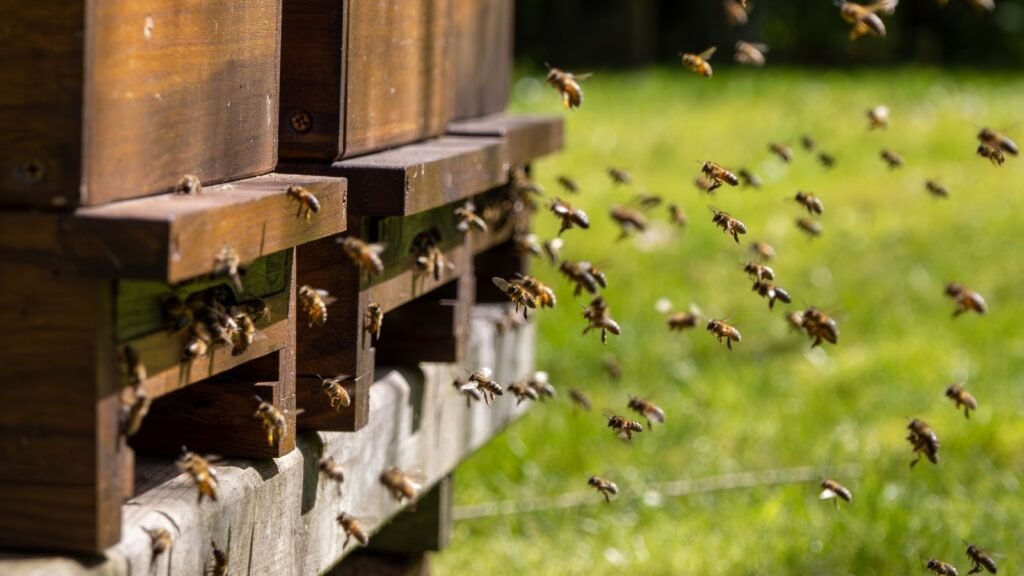
Keeping bees can provide you with a source of honey, beeswax, and other valuable products, as well as help pollinate your crops. Learning the basics of beekeeping can be a rewarding and fascinating addition to your homestead.
This one is on my list to learn in the next year. With my own hives, I’ve got access to the freshest possible honey, and I’ve got colonies of pollinators right here on my homestead, which just increases my crop yield. Plus, of course, I’m helping the planet.
9. Composting
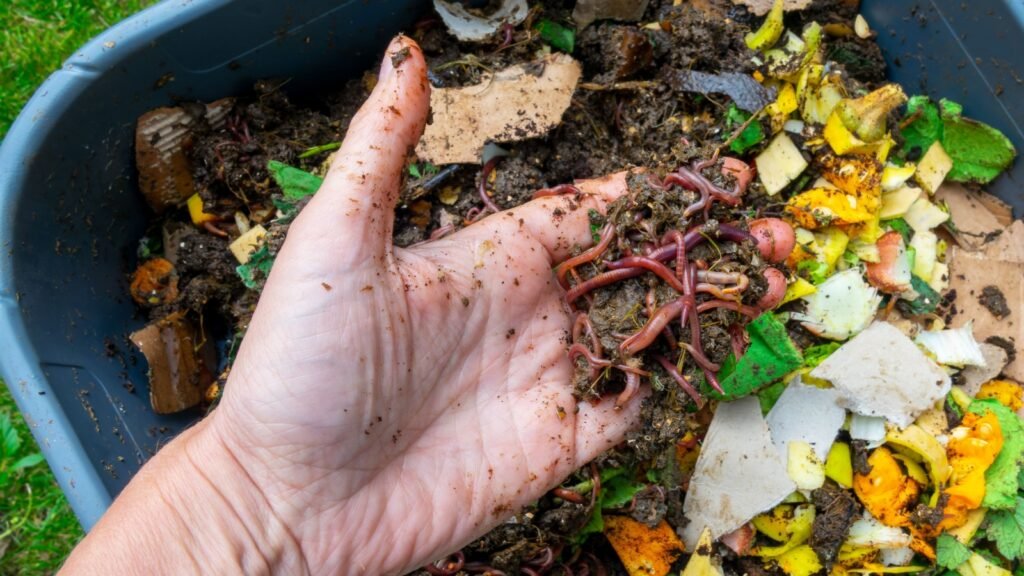
Composting is a great way to reduce waste and create nutrient-rich soil for your garden. Learning how to properly compost can help you create a more sustainable and productive homestead.
Don’t get me started on composting. It’s so easy and so important. Composting everything you can gives you beautiful, nutrient-rich compost and soil amendments. it adds rich organic matter to your soil, improving soil health and structure.
10. Seed Saving
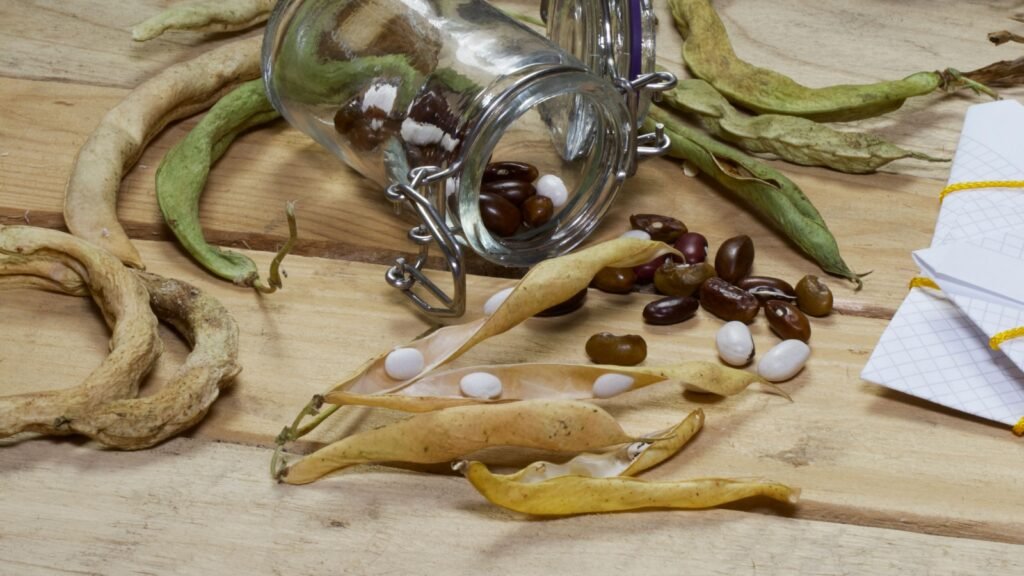
Saving seeds from your best plants can help you develop locally adapted varieties that are well-suited to your specific growing conditions. Learning how to properly save and store seeds can ensure a reliable supply of high-quality seeds for future planting.
11. Natural Remedies
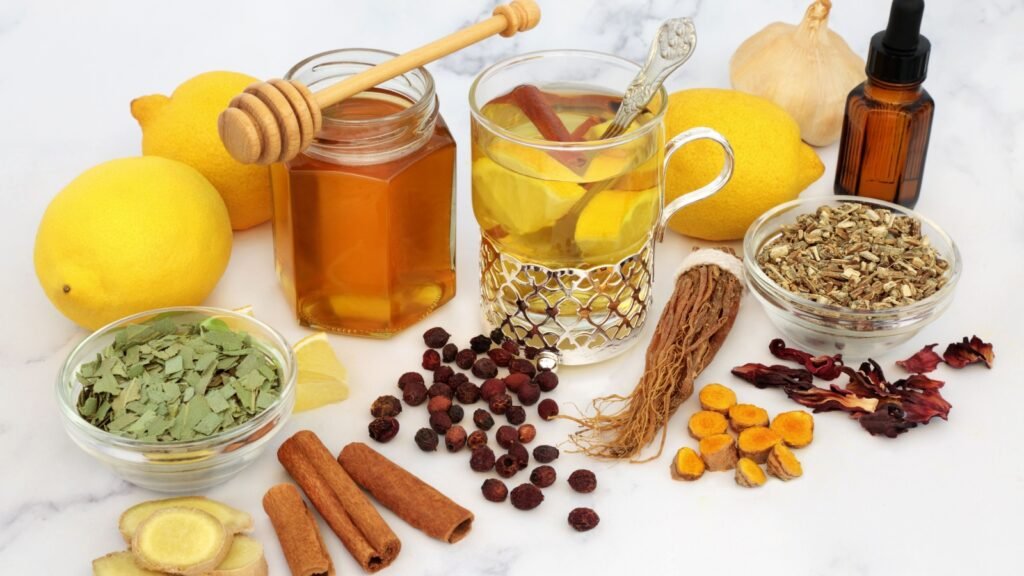
Knowing how to use natural remedies and herbal medicines can help you maintain the health of your family and livestock without relying on synthetic drugs. Learning about the medicinal properties of plants and how to prepare them can be a valuable skill for any homesteader.
I make a lot of remedies, from first aid essentials to tinctures and salves. Whether you’re prepping for a societal collapse or just working toward natural living and self-reliance, knowing how to make your own effective herbal remedies is such an important skill.
12. Soap Making
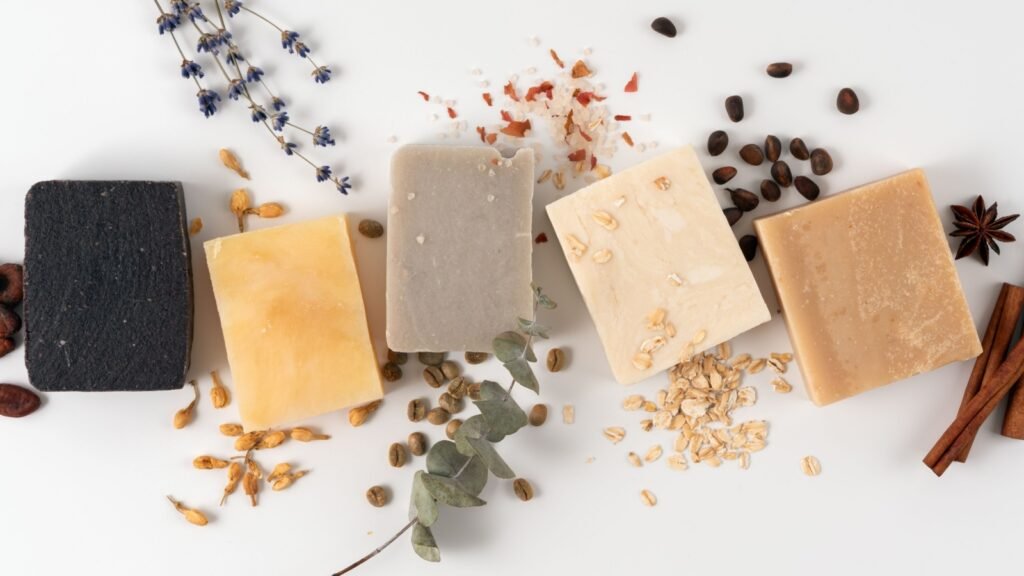
Making your own soap can provide you with a natural and sustainable alternative to store-bought products. Learning the basics of soap making can allow you to create customized soaps for your family’s needs. You can also sell your wares or use them for gifts and trade.
13. Fiber Arts
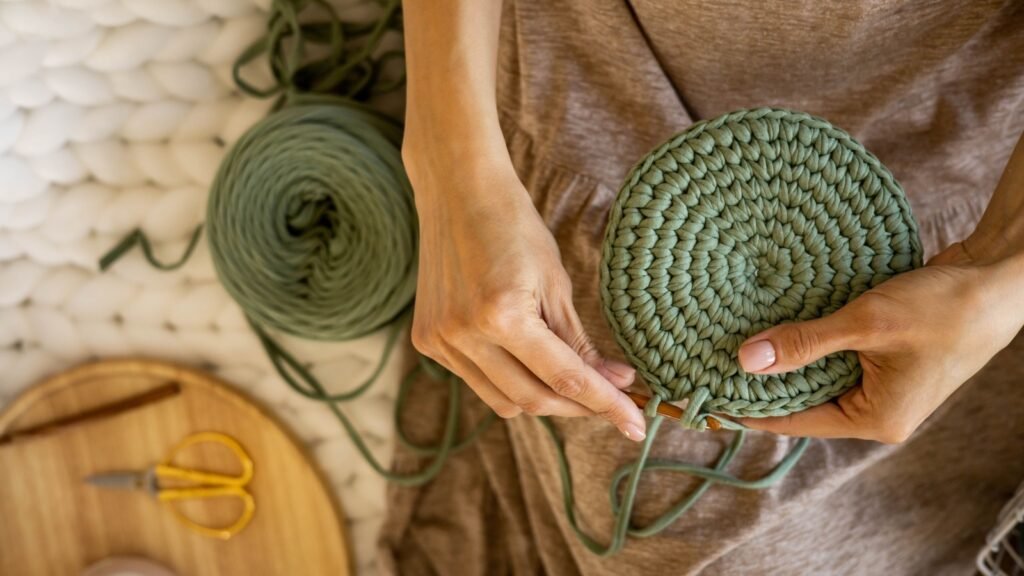
Learning to knit, crochet, weave, or spin can allow you to create your own clothing, blankets, and other textiles from natural fibers like wool or cotton. Fiber arts can also provide a relaxing and rewarding hobby for homesteaders.
I adore fiber and textile arts. I spin, weave, crochet, and felt, among other things. It’s relaxing and rewarding. I love taking raw fleece from my animals, cleaning it and prepping it, then dying and spinning it, and turning it into a finished product. Whether that’s a piece of clothing, a toy, or some art that I keep, sell, gift, or trade.
14. Blacksmithing
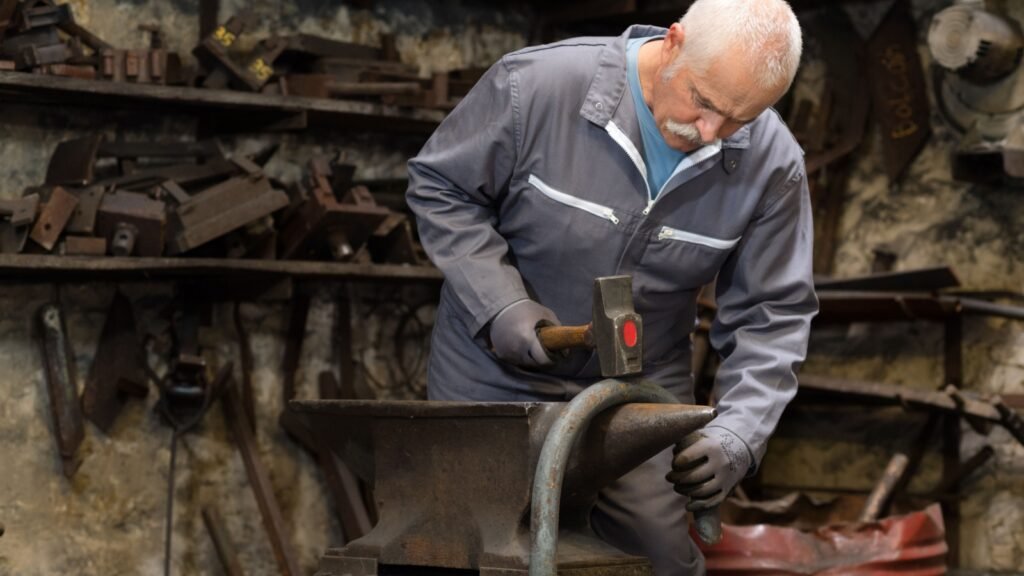
Learning the basics of blacksmithing can allow you to create and repair tools, hardware, and other metal items for your homestead. Blacksmithing can also be a fascinating and rewarding craft to learn.
This is something that nobody in my little family can do, so it’s another skill we trade for within our local homesteading collective.
15. Bread Making
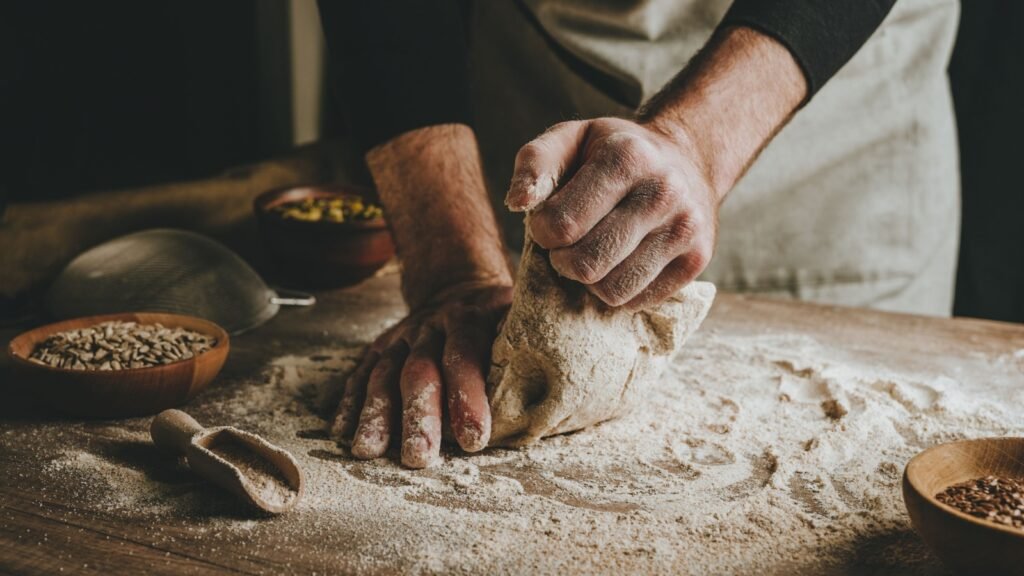
Baking your own bread can provide you with a delicious and nutritious staple food for your family. Learning the basics of bread making can allow you to create a variety of breads using wholesome, natural ingredients.
16. Water Conservation
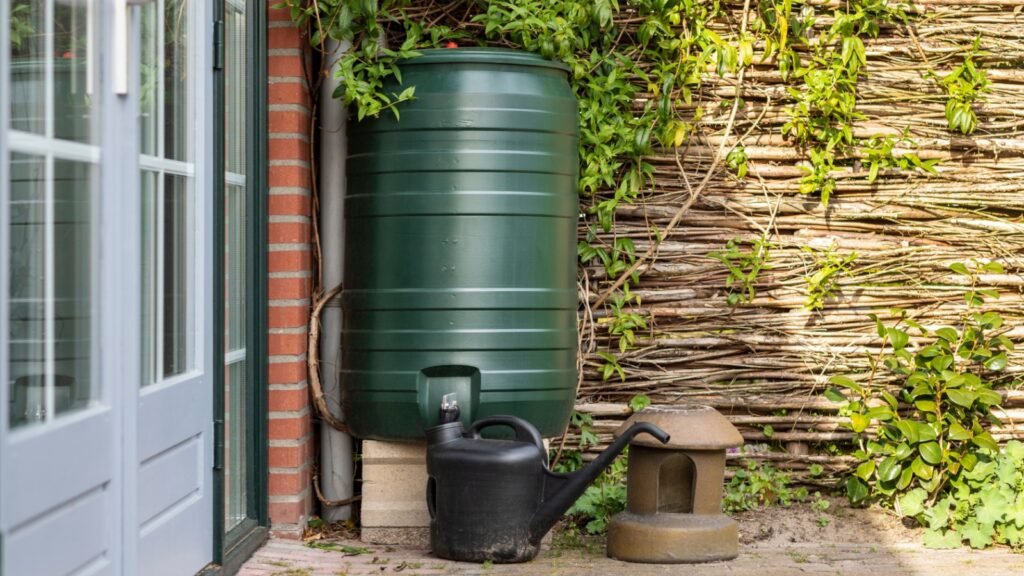
Conserving water is essential for any homesteader, especially in areas with limited water resources. Learning techniques like rainwater harvesting, drip irrigation, and mulching can help you make the most of your water supply.
You should also learn how to gather and filter water in an emergency scenario and how to properly store it for long-term use.
17. Community Building
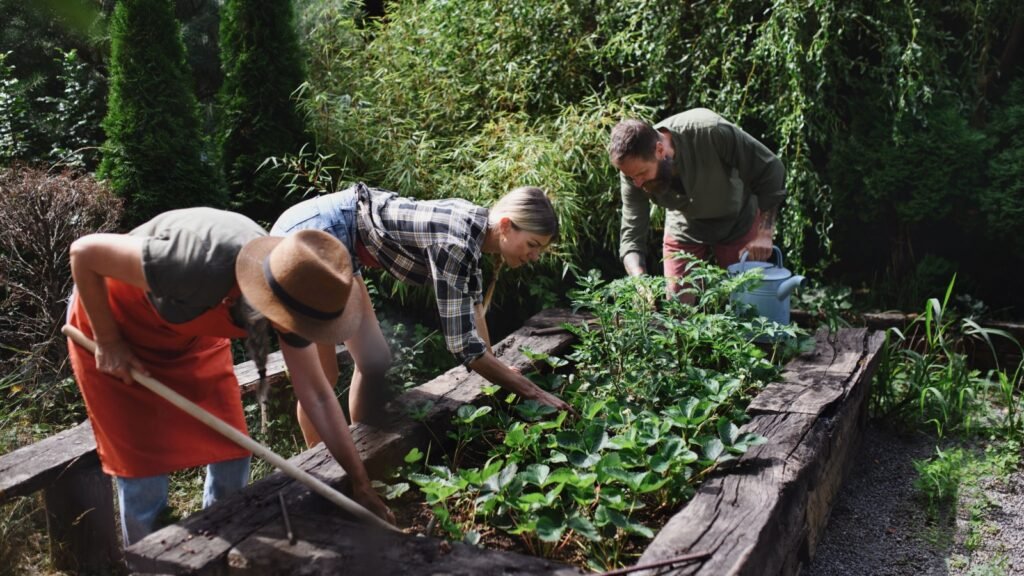
Building strong relationships with your neighbors and local community can be an important part of homesteading. Learning how to share resources, knowledge, and skills can help create a more resilient and sustainable community for everyone.
We love being part of our local homesteading collective. We trade skills, produce, and knowledge, help each other out, and can rent equipment that we don’t already have really inexpensively.

